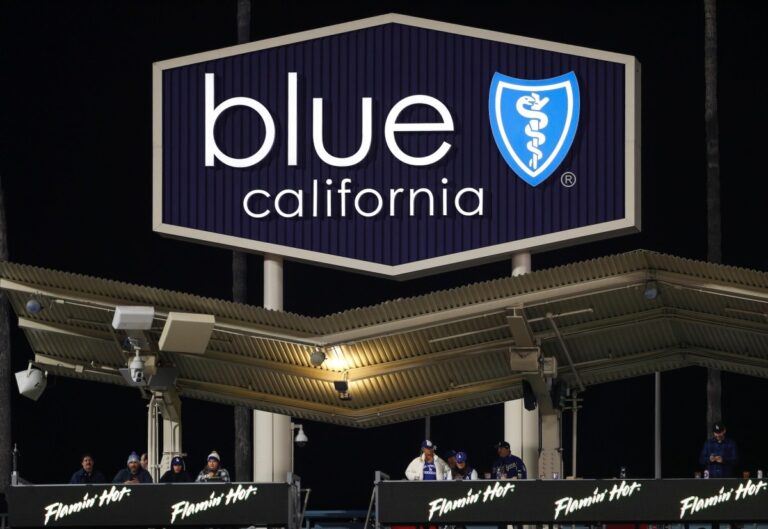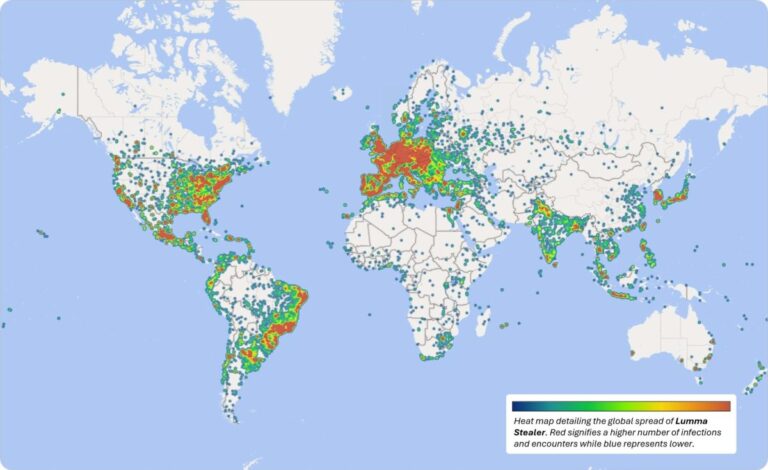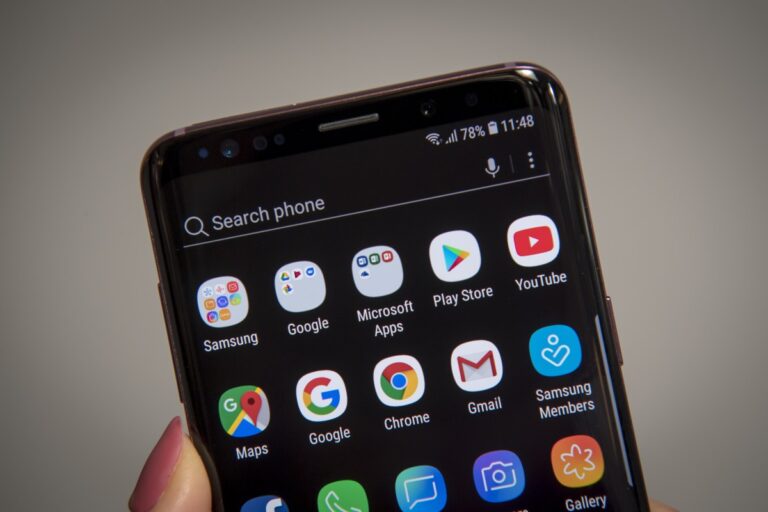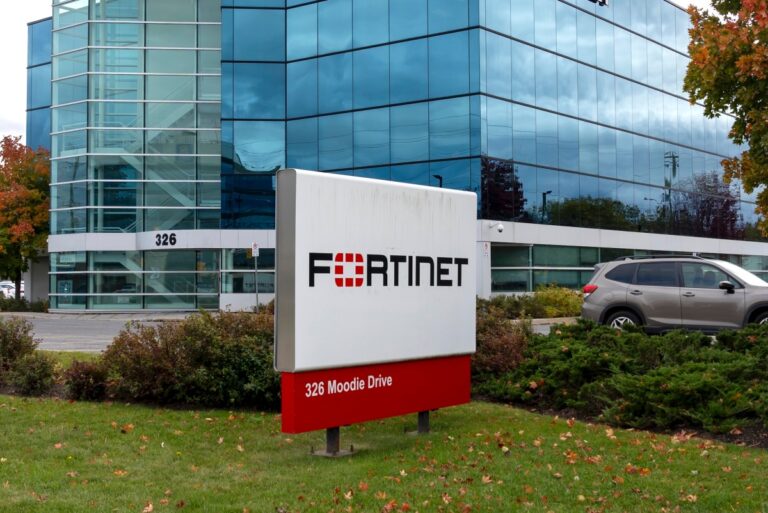
Similar Posts

Google Reignites Acquisition Talks for Wiz with Increased Valuation
Alphabet, Google’s parent company, is in advanced talks to acquire cloud cybersecurity startup Wiz, potentially boosting Google Cloud’s security offerings. Previous negotiations last summer valued the deal at $23 billion, but current discussions suggest a valuation around $30 billion. Led by Thomas Kurian, Google Cloud’s head, the acquisition aligns with Wiz’s impressive annual recurring revenue of $500 million, aiming for $1 billion by 2025. Challenges in past negotiations included operational structure disagreements and regulatory scrutiny. Founded in 2020 by former Israeli military officers, Wiz is backed by prominent investors and has declined to comment on the ongoing talks.

Revealed: Blue Shield of California’s Secret Data Sharing with Google Exposed Millions of Private Health Records
Blue Shield of California has announced a significant data breach affecting 4.7 million patients due to unauthorized sharing of sensitive health information with Google since 2021. The breach, involving data such as search terms, insurance details, and personal demographics, was discovered in February 2024 and ceased in January. Blue Shield’s use of Google Analytics led to a misconfiguration that compromised patient data, raising privacy concerns. This incident reflects broader issues in healthcare data privacy, as other companies like Kaiser Permanente have faced similar breaches. The future of data protection remains critical as consumers must stay informed about their data security.

Microsoft Discovers Lumma Password Stealer Malware Affecting 394,000 Windows PCs
Microsoft, in collaboration with law enforcement, has successfully taken down Lumma, a malicious info-stealer malware that affected over 394,000 Windows PCs globally, particularly in Brazil, Europe, and the U.S. The operation involved seizing 2,300 domains linked to Lumma’s command and control servers. Lumma, which often infiltrates systems via dubious downloads, steals logins, passwords, and credit card information, selling this data on the dark web. It has been associated with significant cyberattacks on major firms. To protect against such threats, users are advised to download software only from reputable sources, keep antivirus software updated, and use strong passwords and two-factor authentication.

Google Patches Two Critical Android Zero-Day Vulnerabilities Targeted by Hackers
On Monday, Google announced a critical Android update to address two zero-day vulnerabilities, CVE-2024-53197 and CVE-2024-53150, which hackers have potentially exploited. CVE-2024-53197 was discovered by Amnesty International and Google’s Benoît Sevens, revealing its use against activists, including a Serbian student targeted by local authorities using Cellebrite’s technology. The second vulnerability, CVE-2024-53150, is located in the Android kernel but lacks detailed information. Google emphasized the need for prompt updates from manufacturers to maintain device security and will release source code patches within 48 hours. Timely updates are vital for protecting against cyber threats.

Fortinet Firewall Vulnerability: Hackers Targeting Company Networks in New Exploit
Security researchers have identified a critical vulnerability, CVE-2024-55591, in Fortinet’s firewalls, specifically FortiGate devices, which is actively being exploited by hackers. Fortinet confirmed the issue, which has been under attack since December, with a significant rise in exploitation attempts, particularly on devices with exposed management interfaces. Cybersecurity firm Arctic Wolf noted a coordinated effort to exploit numerous devices quickly, potentially linked to ransomware operators. The U.S. Cybersecurity and Infrastructure Security Agency (CISA) urges Fortinet customers to promptly update their devices, review security protocols, and monitor for suspicious activities to mitigate risks.

